Palliative Care and Hospice Advanced Certification (PCHAC)
Palliative Care and Hospice Advanced Certification (PCHAC) signifies that a chaplain has mastered the 14 additional spiritual care competencies beyond the core BCC competencies necessary for palliative care/hospice, including end-of-life care and care of those with life-limiting conditions. Applicants are strongly encouraged to ensure that their applications demonstrate the consistent performance of advanced, evidence-based praxis as a palliative care/hospice specialist beyond the excellent work of a BCC.
The following characteristics are foundational for advanced chaplaincy care which will be demonstrated through the competencies:
- Understanding of and practice in all eight domains of the National Consensus Project on Palliative Care
- Exemplifies advanced transdisciplinary integrated practice
- Reflects educated compassion- integrating the total pain, including medical, psycho-social, spiritual, and emotional compassionate response
- Demonstrates the ability to be an emotional broker while holding various emotions and facilitating communication
- Offers ethical mediation, including but not limited to understanding of futile care
- Provide moral distress diffusion for staff, care recipients and families
Prerequisites to apply for PCHAC:
- Hold Board Certified Chaplain credential for at least one year prior to application
- Have at least three years of work experience within the palliative care or hospice space (minimum 520 hours per year)
- Complete of intensive palliative care and/or hospice course equivalent to three credit hours
Download, complete, and submit the application materials
Once you have met the prerequisites and are ready to apply for PCHAC Certification, you need to download the following PCHAC Application Materials and prepare your application portfolio:
The PCHAC Application Instruction Booklet will guide you through the application process and clearly outline all the requirements for your application portfolio.
Application submission deadlines are July 15th and December 15th of every year. Click on the button below to submit your materials.
Once the NACC National Office receives the application portfolio, it will be sent to the PCHAC Process Committee. The PCHAC Process Committee is composed of NACC and BCCi Palliative Care and Hospice Advanced Certified Chaplains. The PCHAC Process Committee evaluates the materials and determines whether the Applicant meets the requirements to move forward with an interview.
Interview
If an Advanced Certification interview is granted, you will meet with an Advanced Practice Chaplain Interview Committee to determine if you meet the Competencies for Palliative Care and Hospice Advanced Certification (PCHAC). ALL competencies must be met to attain this certification. The Interview Committee is composed of a minimum of three (3) NACC or BCCi Board Certified Chaplains with Palliative Care and Hospice Advanced Certification.
Final certification decision
The NACC Certification Commission reviews the recommendation of the Interview Committee and determines whether to uphold their recommendation. If you are not recommended for advanced certification, you have the right to appeal the decision.
Are you ready to take the next step on your journey? Let us help you get certified! For questions about advanced certification or the application process, please email [email protected].
